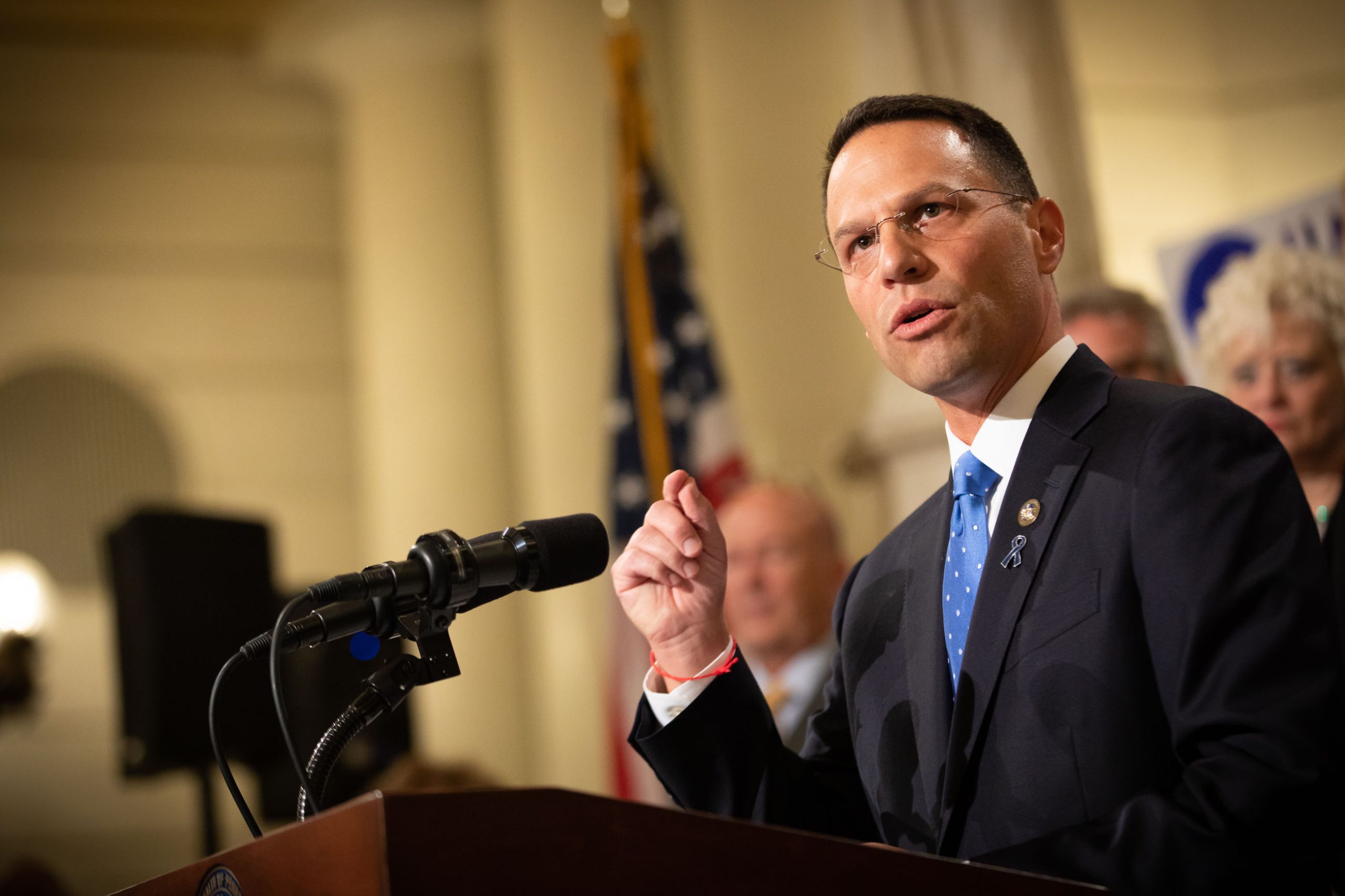Politics
PA Bill Would Reduce Work Week While Requiring Employers To Pay In Full

A new bill aimed at mandating a four-day work week is expected to be introduced in the Pennsylvania House of Representatives.
The legislation would require businesses with more than 500 employees to reduce their work week from 40 to 32 hours a week without reducing employee pay. Democratic Rep. Roni Green, who represents part of Philadelphia County, said she will “soon” be introducing the bill.
“The Federal Fair Labor Standards Act of 1938 established the standard 40-hour workweek. Today, most workers continue to work a standard 40-hour workweek, but society today looks and operates differently than it once did in 1938,” Green wrote in a memorandum posted on August 15. “Technological advancements alone have significantly increased the productivity of workers allowing more work to be accomplished in less time. Research has shown that companies may be able to adopt a four-day workweek without losing worker productivity.”
“For this reason, I will soon be introducing legislation that would require reduction of the standard workweek for businesses with more than 500 employees from 40 hours per week to 32 hours per week without a reduction in pay for workers,” Green continued, noting that small and mid-sized businesses would be exempt.
“Workers deserve to have a weekly schedule that respects a balance of work and personal responsibilities. A four-day workweek would provide hardworking individuals with more time for rest, family obligations, and focus on both physical and mental health. Rested, happy and healthy workers in turn can better focus on work and accomplish more in a workday,’ Green wrote.
Proponents of the bill claim that shortened work weeks will reduce burnout and increase productivity. According to one research project conducted by 4 Day Week Global, which monitored 41 companies in the U.S. and Canada, employees reported less stress and fatigue after working a shortened schedule.
Those opposed to the bill have argued that it will cause companies to leave the state.

